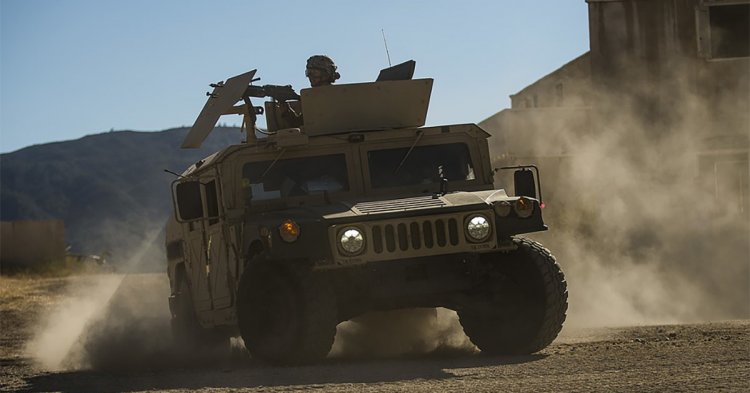ASTRO America Selected to Manage U.S. Army's Effort to Build World's Largest Metal 3D Printer for Ground Vehicle Production

BETHESDA: Leading Experts Devise Novel Approach to Vehicle Production. Efforts Focused on Manufacturing Process for Reducing Cost, Weight and Production Times While Increasing Survivability. Single, Massive Component Production Will Significantly Enhance Supply Chain Efficiency. Program Contracted Through LIFT, the DoD-Supported Manufacturing Innovation Institute
The Applied Science & Technology Research Organization, or ASTRO America, today announced it has been selected to manage a new U.S. Army initiative to develop and deliver a hull-scale tool using metal additive manufacturing technology. Known as the "Jointless Hull Project," the effort aims to provide improved production speeds, reduced production costs, reduced vehicle weight, greater vehicle performance and increased survivability.
"The mission is to develop a large-scale tool capable of producing single, jointless combat vehicle hulls at a near net size of 30ft x 20ft x 12ft in size," said Larry "LJ" Holmes, Principal Investigator at ASTRO America. "Additive manufacturing at a massive scale holds the potential to transform the way vehicles are built for the military while reducing supply chain fragility."
The Jointless Hull Project is being contracted through LIFT, the Detroit-based, Department of Defense-supported national manufacturing innovation institute while the Michigan-based U.S. Army Combat Capabilities Development Command Ground Vehicle Systems Center, Ground Vehicle System Center (DEVCOM GVSC) is directing the technical program. The Army's Rock Island Arsenal - Joint Manufacturing Technology Center is also a key partner on this project and will ultimately serve as the location for the operation of the new additive manufacturing platform. ASTRO America has already kicked off the project with an Industry Day featuring both prospective machine vendors and leading vehicle builders.
Monolithic hulls for combat vehicles have well-established advantages - especially in survivability and weight savings - but traditional manufacturing processes are not cost-effective or adaptable to full production, especially when multiple vehicle platforms are put into play.















































